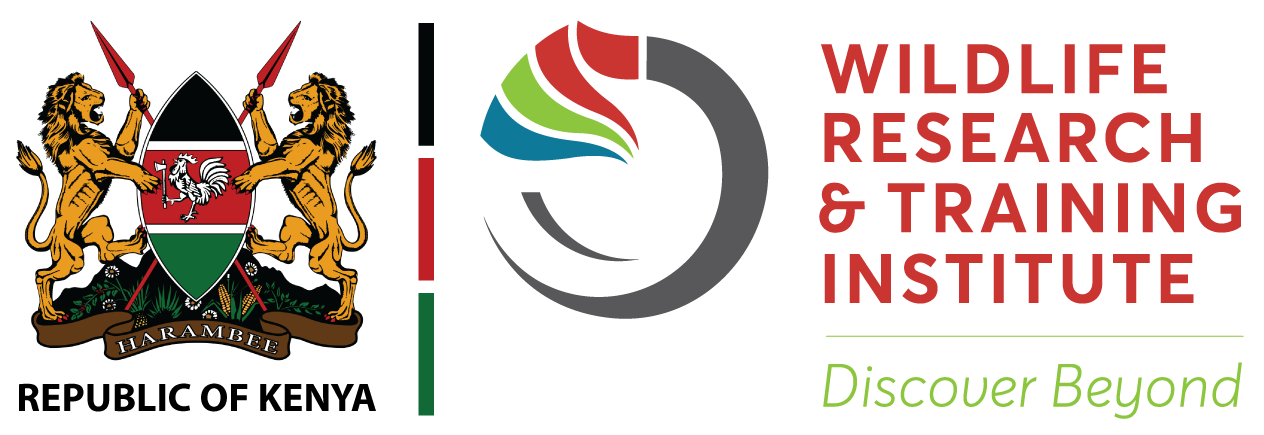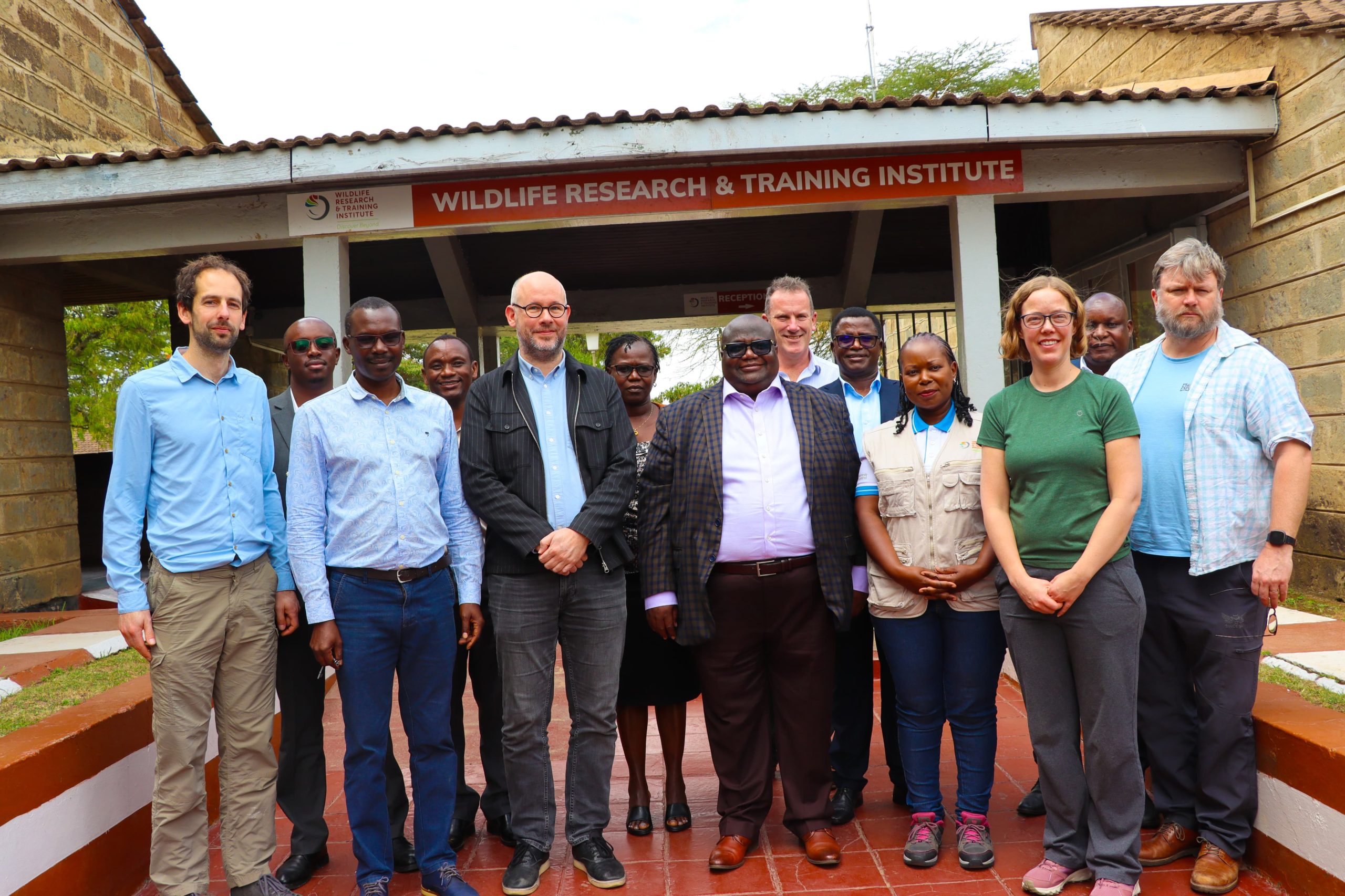In a significant step towards advancing wildlife research through modern technology, the Institute hosted a delegation from the WildDrone team, on 22nd January, 2025 at the headquarters in Naivasha.
The team, led by Professor Uleik Pagh Schultz, Head of Center at SDU UAS, University of Southern Denmark, met with the Institute’s Director, Dr. Patrick Omondi, to explore potential collaborations between the two institutions, leveraging cutting-edge drone technology to advance wildlife research and training in the country.
Also in attendance were Deputy Director -Research, Dr David Ndeereh, Deputy Director-Training, Dr Roselyn Onyuro, and Head of Research Permitting and Compliance Dr Vincent Obanda, among others.
Key areas of collaboration highlighted during the visit included the application of drone technology in monitoring and tracking wildlife and their habitats; conducting wildlife census to establish their numbers in space and time; habitat mapping and assessment through data collection on vegetation cover and land use; and mapping of invasive species distribution.
Further, capacity building through the training of researchers and trainees on drone technology, co-authorship of joint scientific publications and fundraising opportunities.
Professor Schultz highlighted the transformative potential of drone technology in enhancing data collection efficiency and accuracy for wildlife censuses and other ecological studies. He expressed enthusiasm about the prospects of sharing expertise and resources with the Institute.
Dr. Omondi thanked the team noting that future partnerships with the WildDrone team would align with key pillars of the Institute, which include innovation, partnerships and financial sustainability.
He emphasized the Institute’s commitment to adopting innovative solutions in conducting wildlife research.
“We are ready and eager to engage in meaningful partnerships that will enhance our capabilities and impact in wildlife research and training. This will set the stage for a future where technological innovation complements traditional conservation practices, ensuring the sustainable management of wildlife resources for generations to come, ” he said.
The WildDrone team also held an interactive session with trainees undertaking Diploma in Wildlife Management.
The session provided students with an in-depth overview of drone operations, emphasizing safety protocols and practical demonstrations of drone flights.
The WildDrone team, renowned for their expertise in drone technology applications, shared their wealth of knowledge, leaving the trainees both inspired and better informed.
The session began with a detailed briefing on drone operations, covering essential topics such as equipment assembly, pre-flight checks, navigation techniques, and data collection methodologies. Safety protocols were a key highlight, as the team emphasized the importance of adherence to safety guidelines to ensure the responsible use of drones in wildlife conservation.
Professor Schultz elaborated on the importance of drone technology in wildlife research, explaining how it is revolutionizing data collection processes.
“The potential of drones in wildlife management is immense, from conducting aerial surveys to monitoring animal movements in hard-to-access areas. Our goal is to empower these students with skills that will enable them to adopt innovative solutions when conducting wildlife research,” he said.
The initiative is in line with the Institute’s Strategic Plan (2023-2027), which is to provide leadership in training and capacity building to support wildlife conservation and management.

